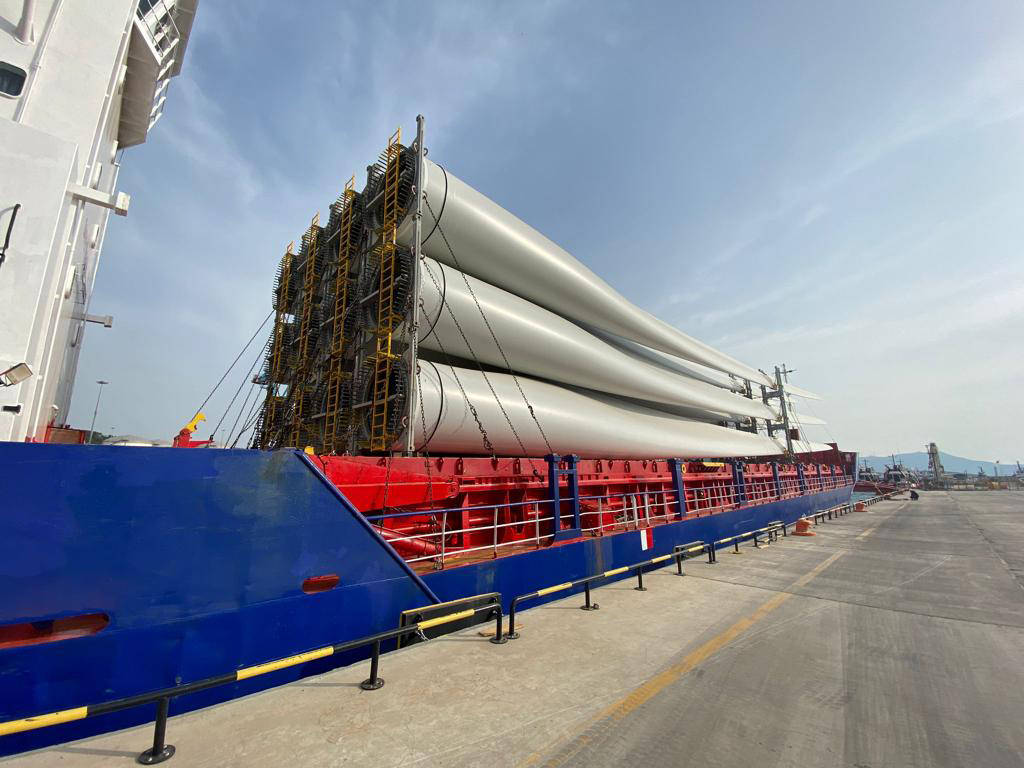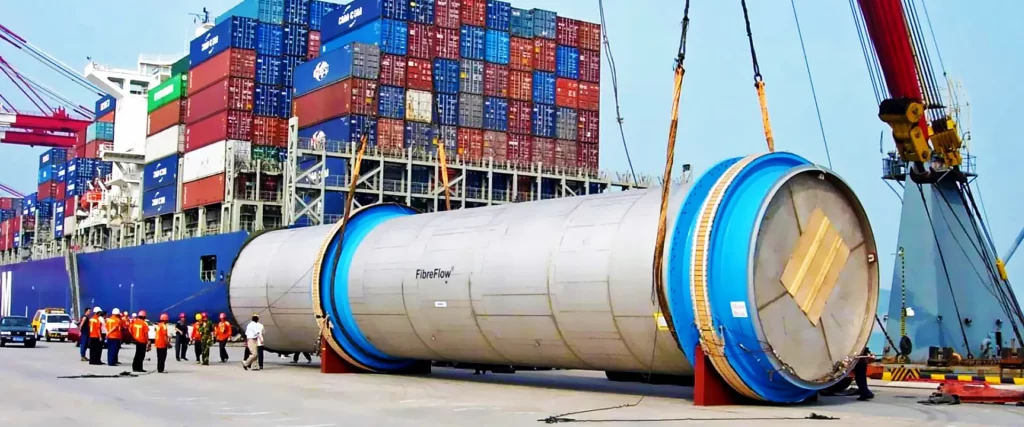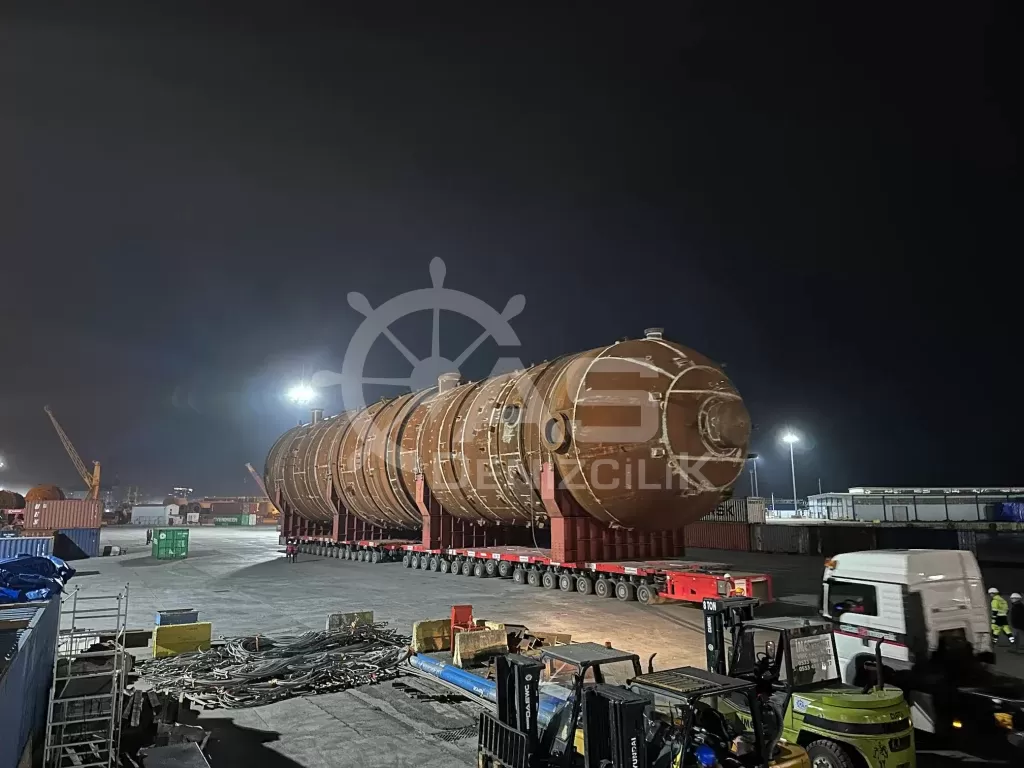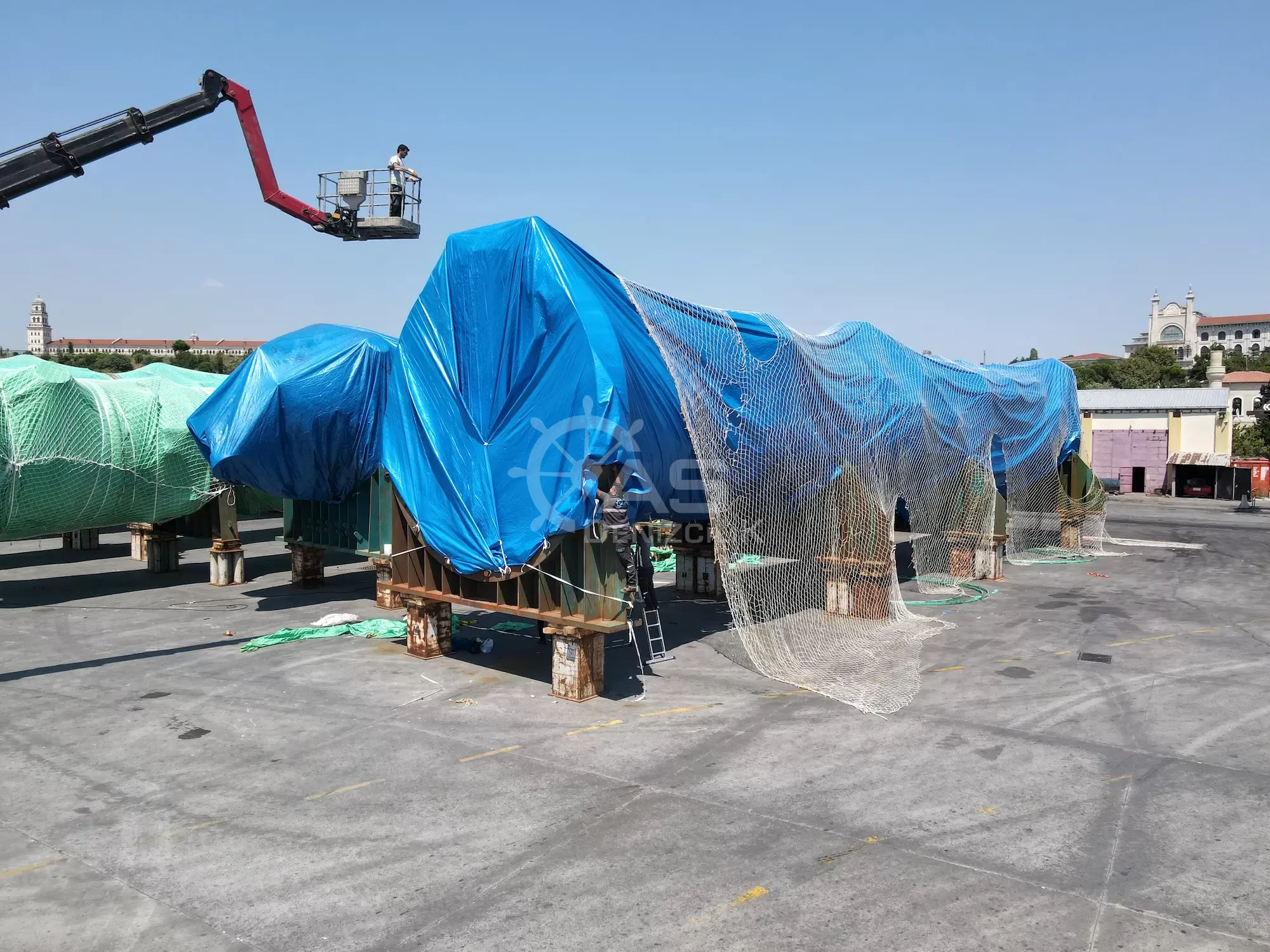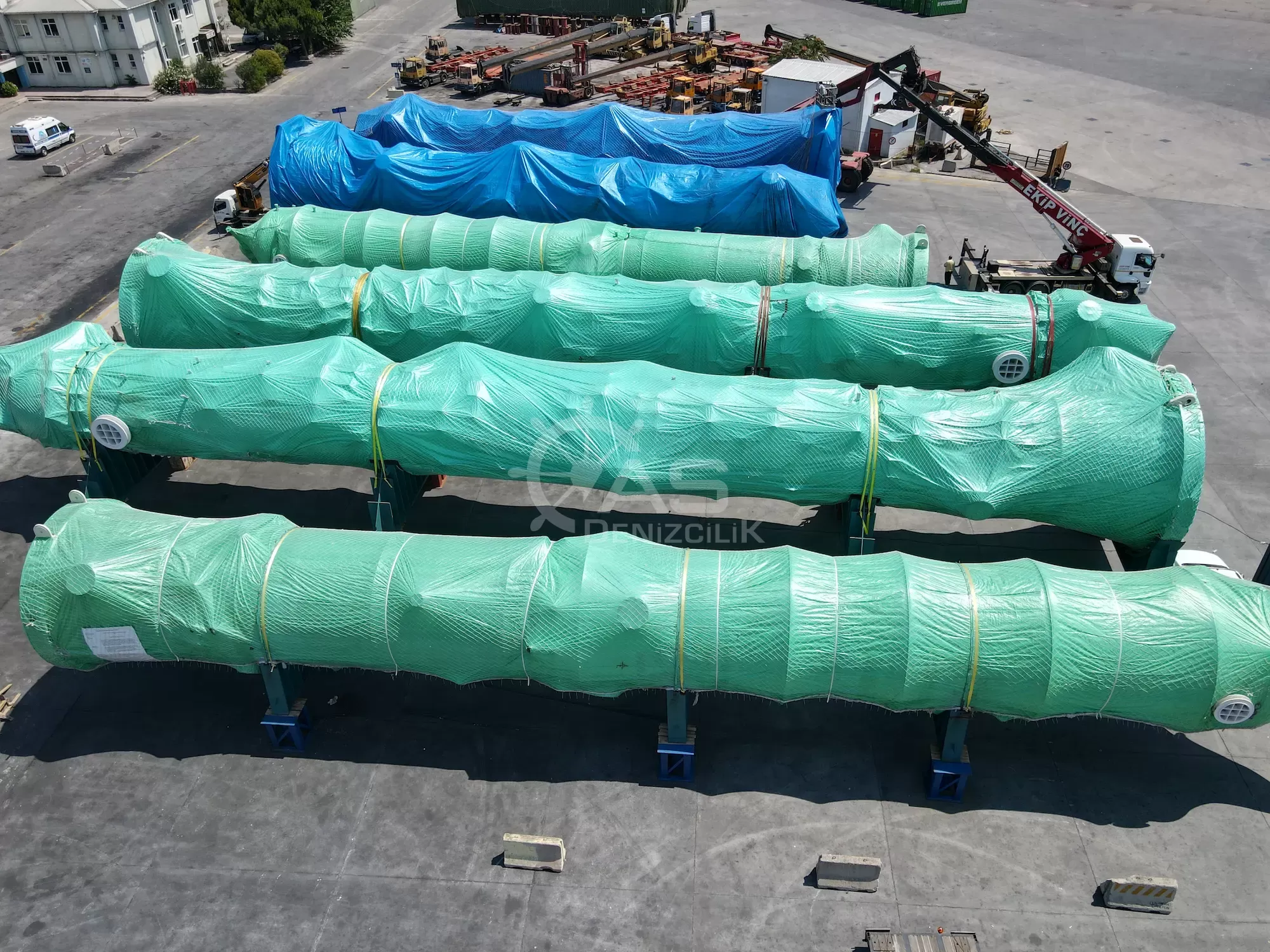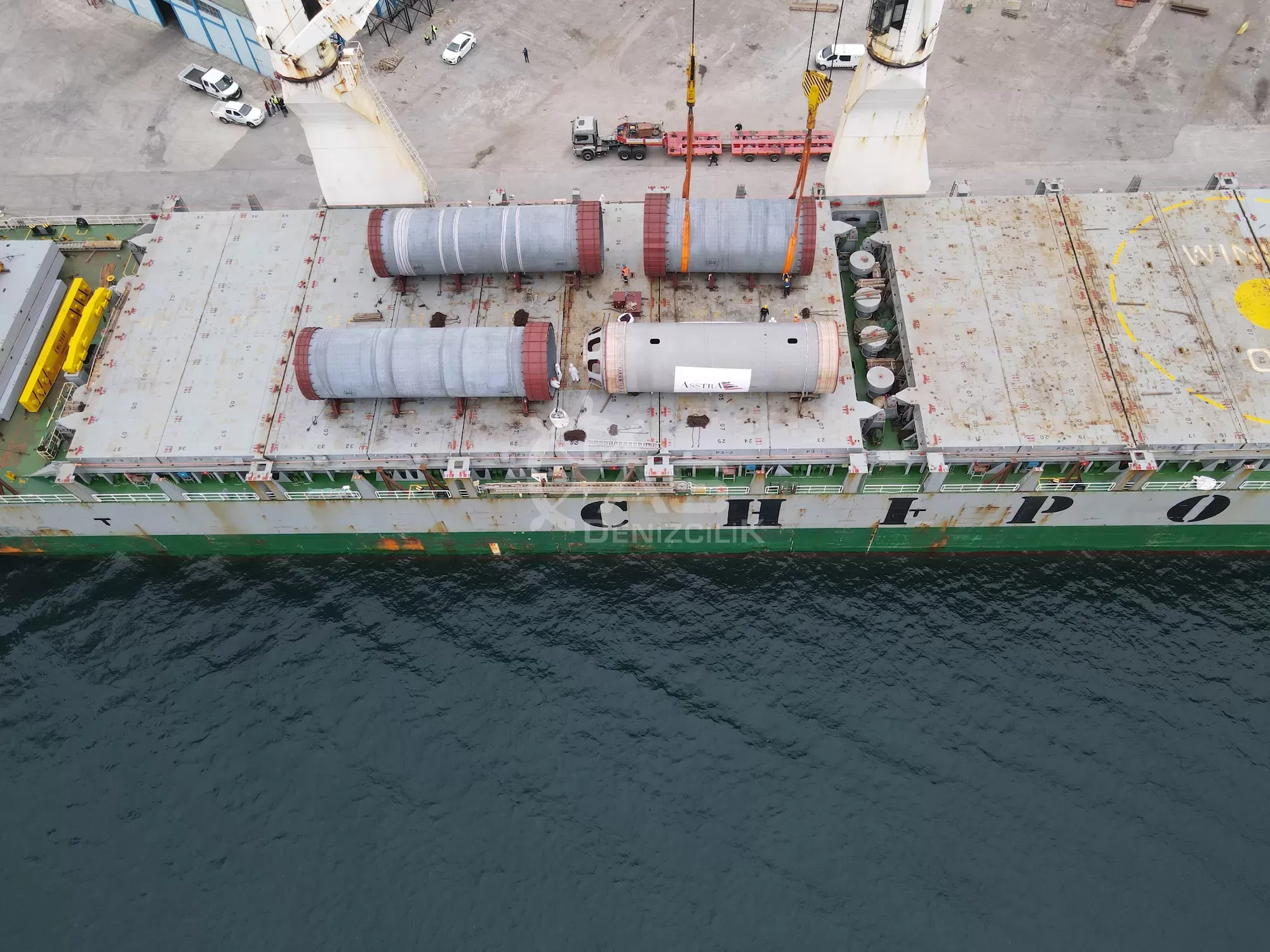Advantages and Challenges of Project Cargo Transportation
I. Introduction
Project cargo transportation refers to the movement of oversized, heavy, or complex loads that do not conform to standard dimensions. These types of cargo require specialized planning, engineering solutions, and customized handling methods. Typically encountered in sectors such as energy, industrial facilities, and construction, project cargo transportation plays a crucial role in international trade. This article explores the advantages and challenges of project cargo transportation and discusses strategies to overcome these challenges.
II. Advantages of Project Cargo Transportation
Key advantages include:
-
Customized Solutions and Flexibility:
Unlike standard freight, project cargo transportation employs tailor-made solutions that use specialized equipment and lashing techniques. This flexibility allows for the accommodation of unique cargo specifications and operational requirements. -
Optimized Load Distribution and Safety:
Properly securing and balancing heavy loads minimizes the risk of damage during transit. Advanced lashing techniques and dynamic monitoring systems ensure that the cargo remains stable throughout the journey. -
Cost Efficiency and Improved Operational Productivity:
Although initially more expensive, customized transportation can lead to long-term cost savings by reducing damage-related expenses, such as repairs and insurance premiums. Efficient handling also minimizes downtime. -
Compliance with International Standards:
Specialized handling methods adhere to international regulations, facilitating smoother customs procedures and insurance claims. This compliance offers a competitive edge in the global market.
III. Challenges of Project Cargo Transportation
Despite its advantages, project cargo transportation faces several challenges:
-
Complex Planning and Coordination:
Transporting oversized cargo requires meticulous planning, comprehensive risk assessments, and precise coordination across multiple stakeholders, which can be time-consuming and resource-intensive. -
High Initial Costs:
The use of specialized equipment, custom engineering solutions, and expert personnel results in high upfront costs. Unforeseen complications may further increase expenses. -
Safety and Risk Management:
The transport of heavy and large loads inherently involves significant risks. Inadequate securing methods or miscalculations in load distribution can lead to accidents, posing severe safety concerns. -
Regulatory and Certification Hurdles:
Adhering to stringent international standards and obtaining necessary certifications can be both challenging and costly, potentially delaying project timelines.
IV. Recommendations and Success Factors
To overcome these challenges, several strategies can be employed:
-
Comprehensive Planning and Project Management:
Detailed risk assessments, coordinated planning, and strict adherence to operational protocols help minimize potential setbacks. -
Investment in Advanced Technologies:
Utilizing state-of-the-art lashing systems, dynamic monitoring sensors, and automation can significantly enhance load security and operational efficiency. -
Training and Certification:
Regular training programs and certification of personnel ensure that the team is well-prepared to handle the complexities of project cargo transportation. -
Strategic Partnerships:
Collaboration between logistics companies, engineering firms, and equipment suppliers can lead to innovative solutions and shared expertise.
V. Conclusion
Project cargo transportation offers significant advantages in handling oversized and complex loads, yet it comes with inherent challenges related to planning, cost, safety, and regulatory compliance. By implementing robust planning, investing in advanced technologies, and fostering strategic partnerships, these challenges can be effectively managed. Future trends such as digital transformation and automation are expected to further enhance the safety and efficiency of project cargo transportation, providing businesses with a competitive advantage in the global marketplace.
